Blog posts written by Arjane Kerkhoven
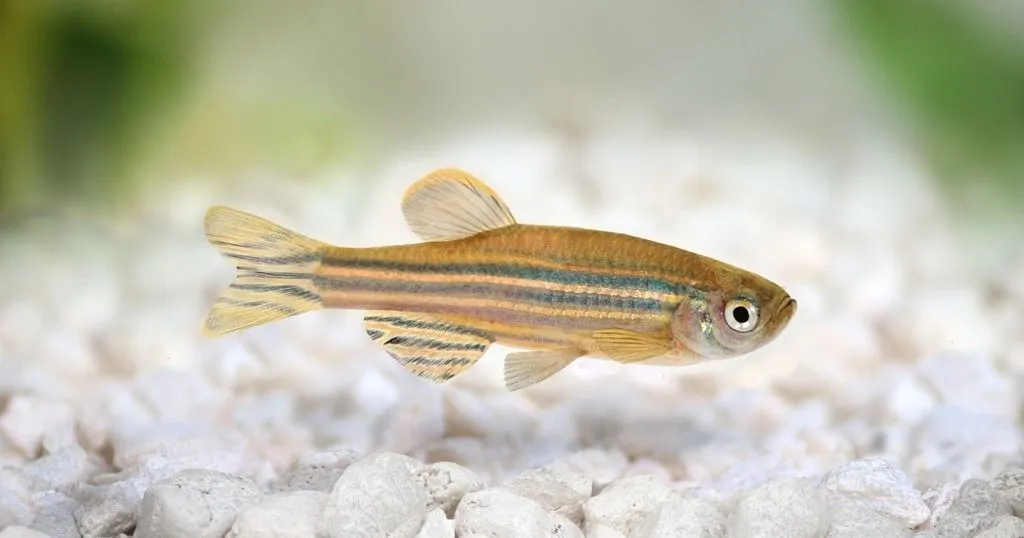
14 Sep
animal behavior research
Zebrafish Research
The effect of environmental levels of lead on zebrafish development
Lead exposure has a negative influence on the developing brain and body. Zebrafish research allows us to understand the effects of lead poisoning on the different stages of life.
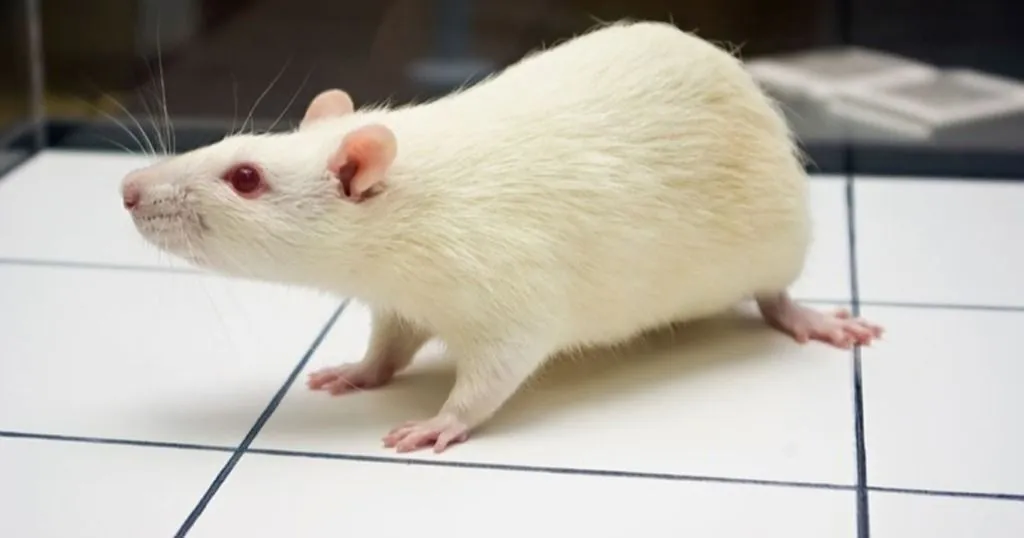
03 Aug
animal behavior research
Alzheimer’s and Parkinson’s
A 5-HT1A agonist and NMDA antagonist against Parkinson’s disease
Reducing side effects of L-Dopa with 5-HT1A receptor agonists can improve motor activity in a Parkinson’s disease model when combined with NMDA antagonists.
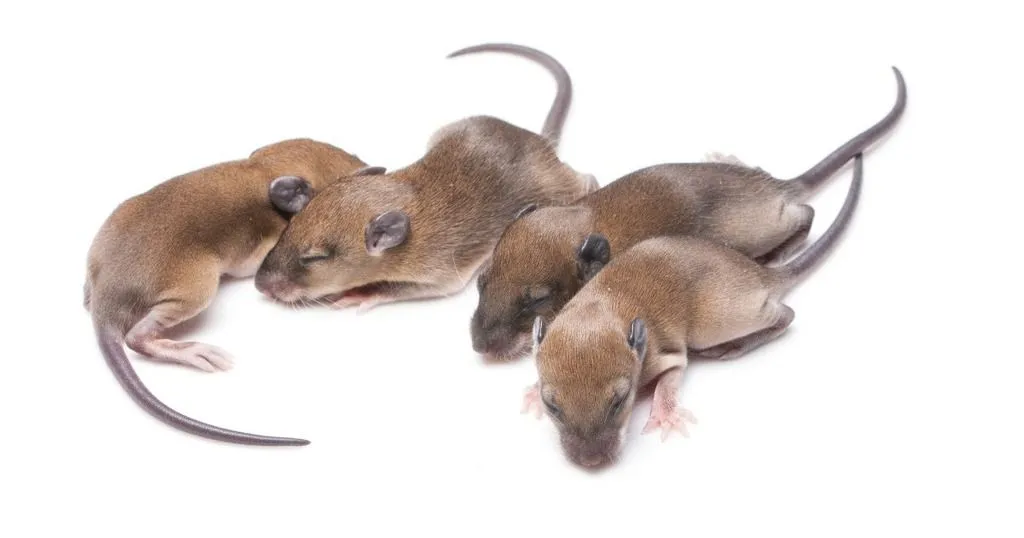
02 Mar
animal behavior research
Gait and Locomotion
In utero alcohol exposure, the effects on brain and behavior
About 10% of women worldwide drink during their pregnancy. This could cause the fetus to suffer from fetal alcohol syndrome, which can lead altered tissue structures in the brain to motor deficits.
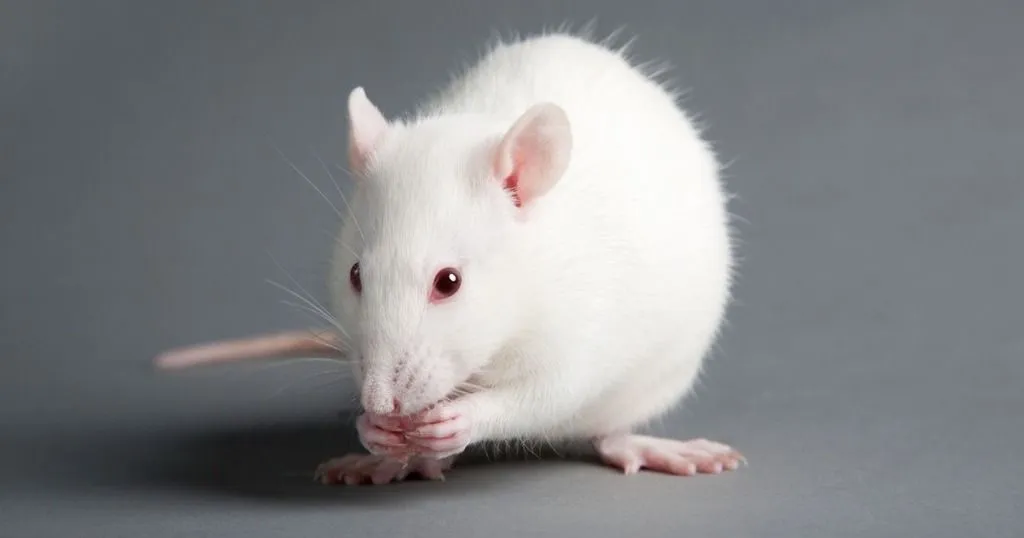
22 Dec
animal behavior research
Gait and Locomotion
Extracellular vesicles from umbilical cords improve traumatic spinal cord injury
Spinal cord injury is crippling and hard to treat. Secondary injury caused by inflammation and scarring significantly impact motor function and locomotion. Extracellular vesicles can improve recovery.
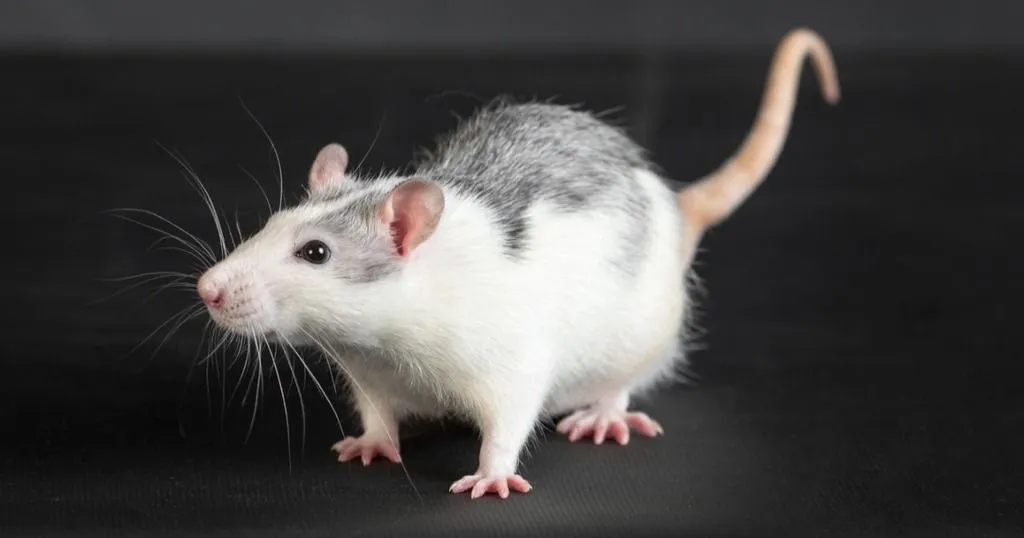
01 Dec
animal behavior research
Gait and Locomotion
Suture anchors for rotator cuff injuries: a new animal model
Almost half of the people over the age of 60 have a rotator cuff tear in the shoulder. Research is aimed at improving surgical techniques, but techniques used in animal models differ from those applied on humans.
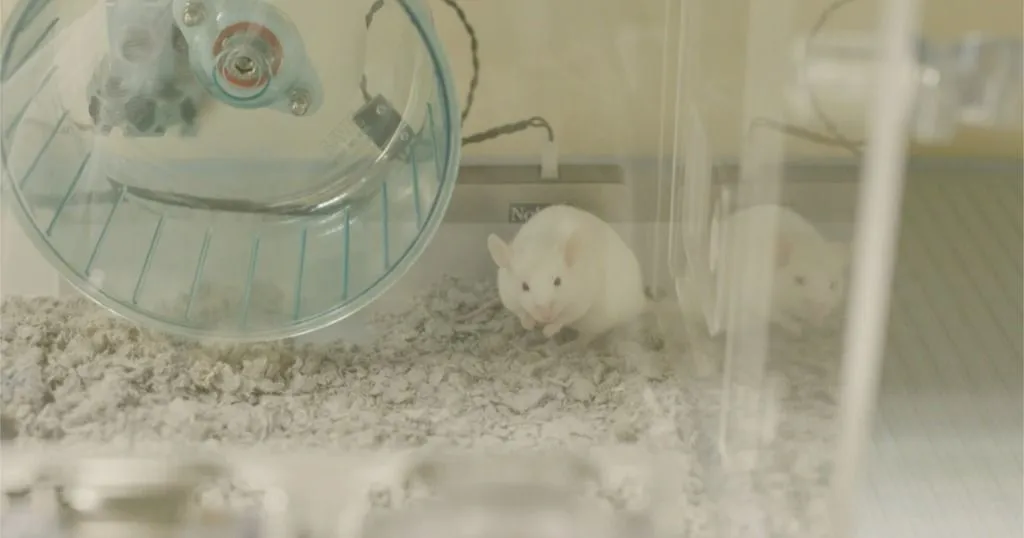
13 Oct
animal behavior research
Other (Animal)
Home cage behavior and epilepsy in the Stargazer mutant mouse
Using long-term home cage behavioral research, scientists successfully created a behavioral characterization of Stargazer mutant mouse, a model often used in epilepsy research.
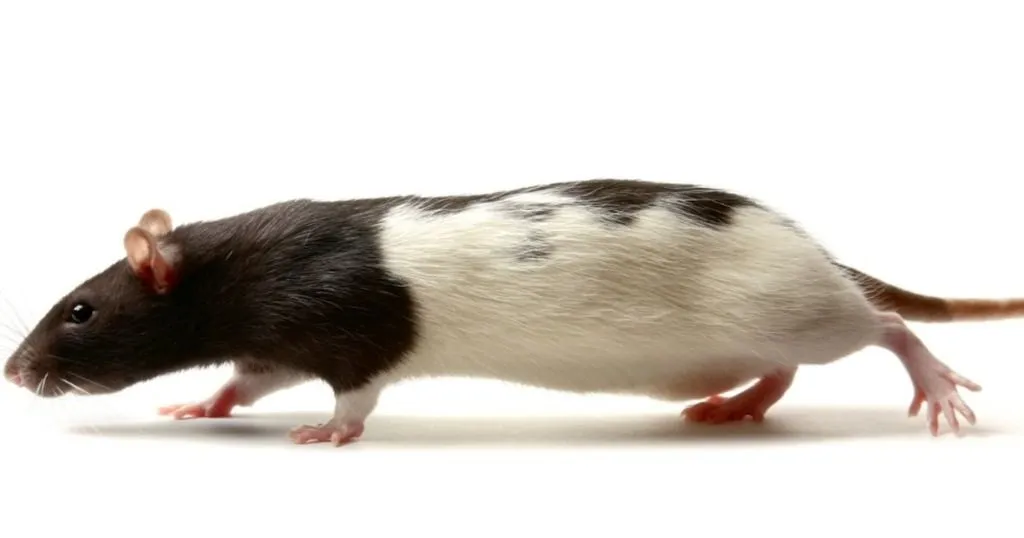
08 Sep
animal behavior research
Social Behavior
(Un)social rats: the role of dopamine and the amygdala in social adversity
With optogenetics and behavioral testing, researchers found a link between infant social adversity and decreased social behavior in the circuitry of the amygdala.

07 Jul
animal behavior research
Alzheimer’s and Parkinson’s
Part 2: How researchers use the Morris water maze to find treatments for AD
In this second part of a two-part mini series, we highlight two more studies on potential Alzheimer’s disease treatments that are investigated using a Morris water maze.
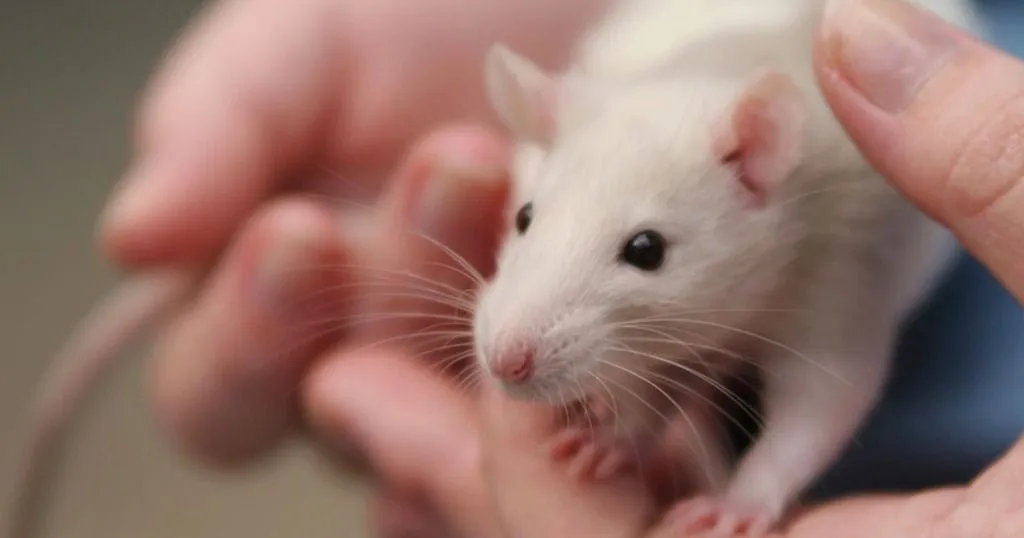
30 Jun
animal behavior research
Alzheimer’s and Parkinson’s
How researchers use the Morris water maze to find treatments for Alzheimer's
In this first part of a two-part mini series, we highlight how potential Alzheimer’s disease treatments are being investigated using a Morris water maze.
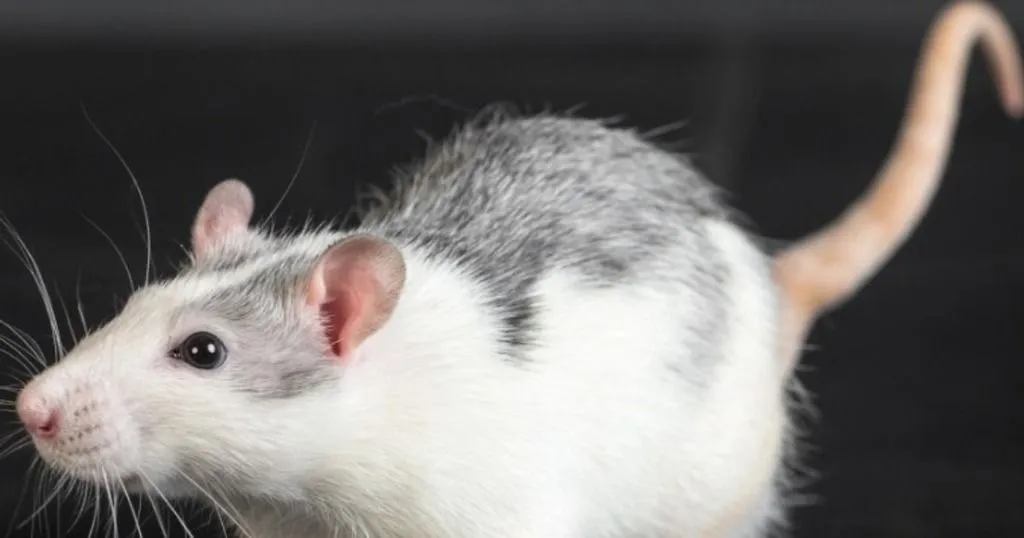
03 May
animal behavior research
Gait and Locomotion
Vestibulopathy: movement and balance issues investigated in rats
It is hard to diagnose vestibulopathy, so a rat model was developed to study the progress of symptoms, from day one to day 30 after ear injury. Results can improve future human diagnosis and therapy options.